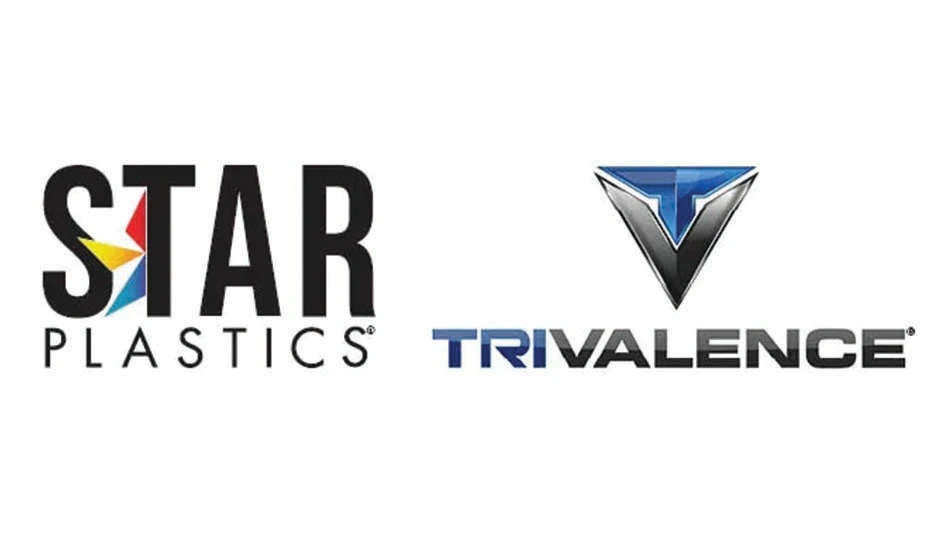ReCommunity, a Charlotte, North Carolina-based material recovery facility (MRF) operator, says the failure of suppliers to load quality materials to meet commodity and end market requirements is becoming a bigger problem for the recycling industry.
“Unacceptable items—such as garden hoses, plastic grocery bags , diapers, needles and other medical waste, propane tanks, yard and food waste—expose industry employees to unsafe working conditions, lower productivity, increased disposal costs and reduce end-market material quality,” says Jeff Fielkow, ReCommunity’s chief sales and marketing officer. “Just a half percent of contamination in a 20-ton load decreases the value of the entire load.”
Fielkow says single-stream collection and processing has proven to be an effective, efficient means of recycling, but the industry must remain committed to continuously improving education and outreach efforts targeted toward recycling behavior.
“Without the industry ramping up its efforts to improve load quality and reduce safety issues, the economics will force everyone to assess fees or reduce revenue share with our partners for handling contaminated loads,” Fielkow says. “Together, the industry, with all of our partners, can improve the quality of the recycling stream and optimize the value for the entire recycling supply chain.”
ReCommunity has issued an Inbound quality alert which it says has been designed to educate its hauler and community partners on the need for load quality in the recycling stream.
“We are committed to actively engaging and educating our community partners,” Fielkow says. “This type of outreach, coupled with all the educational resources on our website, fuels our community and education-focused mission.”
According to Sean Duffy, ReCommunity chief operating officer, nonconforming materials in the recycling stream create employee safety concerns, increase the cost of operations and decrease the value of recyclables. Ultimately, he says, this adds to an unacceptable carbon footprint to dispose of these unwanted materials. “In other words, unacceptable items adversely impact quality, which negatively affect return on investment for all of us,” says Duffy. “Education is the most effective way to enhance recycling participation because it creates recycling and service literacy in the community.”
Duffy adds, “The more engagement a city has with its program users, the more everyone understands not just what we recycle, but why and how we ask them to recycle. This improves overall recycling program performance.”
Get curated news on YOUR industry.
Enter your email to receive our newsletters.
Latest from Recycling Today
- LG details recycling activities
- Algoma EAF is up and running
- Toyota-Tsusho completes acquisition of Radius Recycling
- CATL, Ellen MacArthur Foundation aim to accelerate circular battery economy
- Commentary: Expanded polystyrene: 98 percent air, 2 percent plastic, 100 percent misunderstood
- AMCS appoints general manager for North America
- How tariffs, regulations affect LIBs recycling in US, EU
- Schwan Cosmetics introduces packaging free of styrene, ABS





